Trump does not rule out building detention camps for mass deportations
Trump said he will carry out the biggest deportation of migrants in the country illegally.
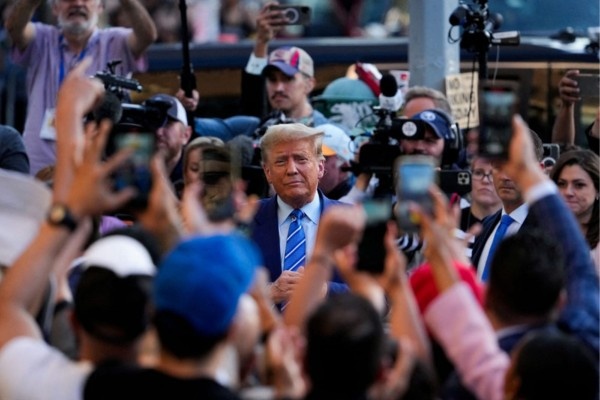 FILE PHOTO: Republican presidential candidate and former U.S. President Donald Trump holds a campaign stop at Sanaa convenient store, in the Harlem section of New York City, U.S., April 16, 2024. / REUTERS/Adam Gray
FILE PHOTO: Republican presidential candidate and former U.S. President Donald Trump holds a campaign stop at Sanaa convenient store, in the Harlem section of New York City, U.S., April 16, 2024. / REUTERS/Adam Gray
By Tim Reid and Ted Hesson
WASHINGTON (Reuters): Republican presidential candidate Donald Trump does not rule out building detention camps on U.S. soil for migrants in the country illegally if he wins a second White House term, he told Time magazine in an interview published on Apr.30.
Trump was asked whether he would build new detention camps as part of his campaign pledge to carry out the biggest deportation of migrants in the country illegally.
"I would not rule out anything," Trump said. "But there wouldn't be that much of a need for them" because, he said, the plan is to deport migrants in the U.S. illegally back to their home countries as quickly as possible.
"We're not leaving them in the country," Trump said. "We're bringing them out."
Trump has made illegal crossings at the U.S.-Mexico border a centerpiece of his campaign against President Joe Biden, a Democrat who is running for a second four-year term. Immigration is a top issue for voters, according to national opinion polls.
Trump said he would use National Guard troops to assist in his planned deportation efforts, but also did not rule out deploying active military forces to help.
"I don't think I'd have to do that. I think the National Guard would be able to do that. If they weren't able to, then I’d use the military," he said.
Trump was asked about the 1878 Posse Comitatus Act, a post- Civil War law that prohibits the deployment of the military against civilians.
"Well, these aren’t civilians. These are people that aren't legally in our country. This is an invasion of our country," Trump said.
Trump has used dehumanizing terminology to describe immigrants in the U.S. illegally, calling them "animals" when talking about alleged criminal acts, and saying they are "poisoning the blood of our country," a phrase that has drawn criticism as xenophobic and echoing Nazi rhetoric.
In his campaign speeches, Trump rails against the prosecutors who have brought the four criminal cases he currently faces, including Manhattan District Attorney Alvin Bragg and Georgia's Fulton County district attorney, Fani Willis.
Asked if he would instruct his attorney general in a future Trump administration to prosecute Bragg and Willis, he said, "What they've done is a terrible thing," but "no, I don't want to do that."
Trump was also asked about an interview he gave last year when he said he would want to be a dictator for a day to close the southern border and expand domestic energy production.
Trump told Time: "That was said sarcastically. That was meant as a joke."
On Ukraine, Trump said if elected in November "I’m going to try and help Ukraine, but Europe has to get there also and do their job."
Trump has been unclear whether he would continue sending military aid to Ukraine in its war against Russia if he becomes president.
Trump said a two-state solution between Israel and the Palestinians - a bedrock of U.S. foreign policy in the Middle East - was probably no longer feasible.
"I'm not sure a two-state solution anymore is gonna work," Trump said. The animosity between Israelis and the Palestinians, was now so intense it makes a two-state solution "very, very tough."
Trump also said he "wouldn't feel good" about hiring anybody in a new administration who believed Biden won the 2020 election. Trump has never stopped making the baseless claim that the 2020 election was stolen from him because of fraud.
He said if he wins in November, he would serve one more term, "and then I'm gonna leave."
ADVERTISEMENT
ADVERTISEMENT
E Paper
Video



 Reuters
Reuters

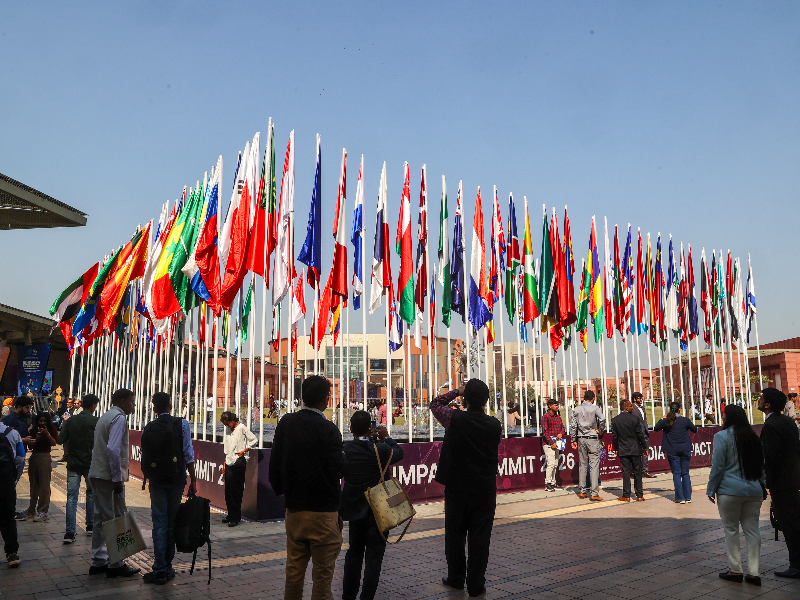

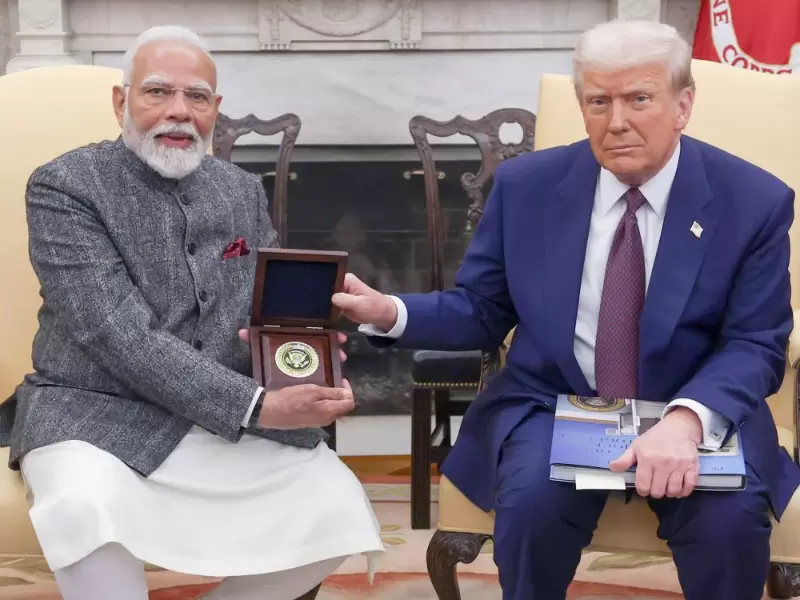

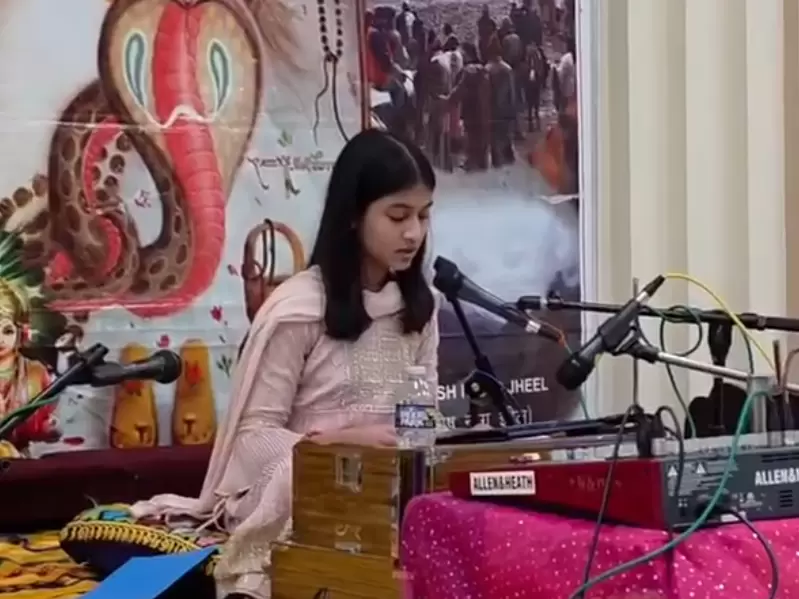
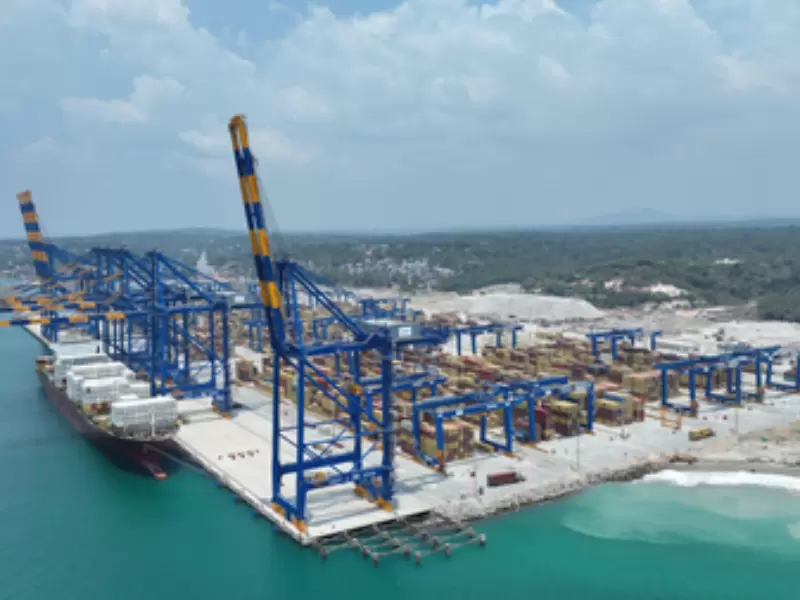

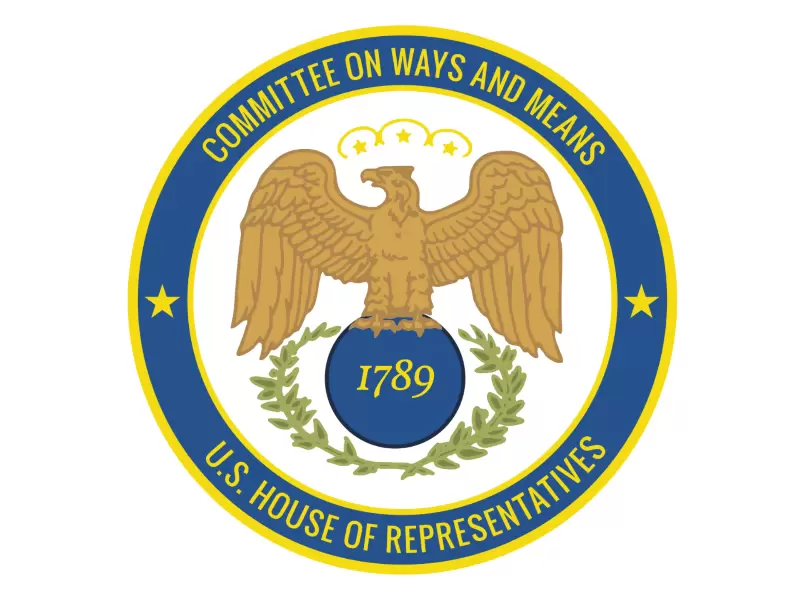
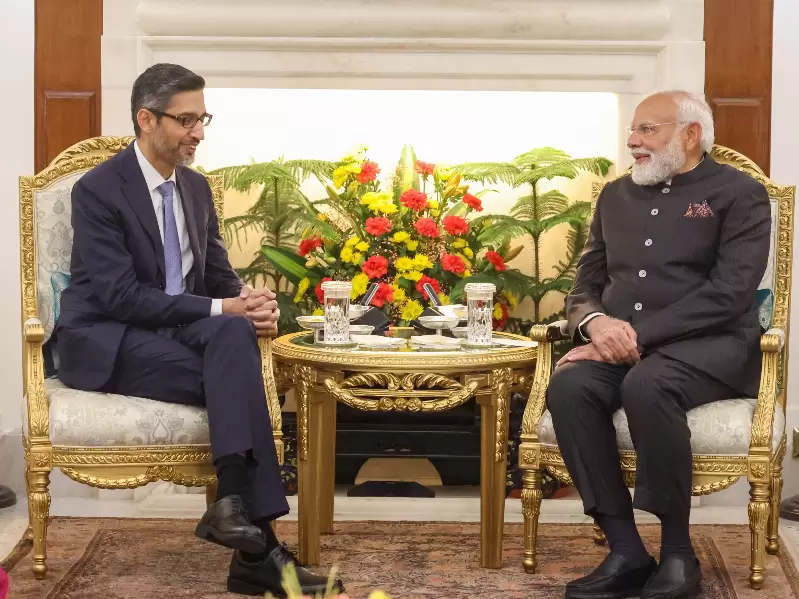
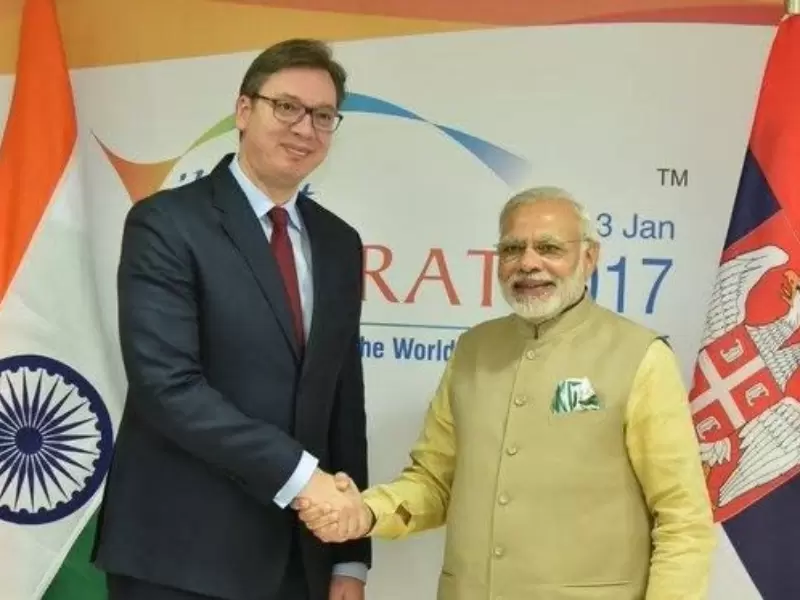


Comments
Start the conversation
Become a member of New India Abroad to start commenting.
Sign Up Now
Already have an account? Login